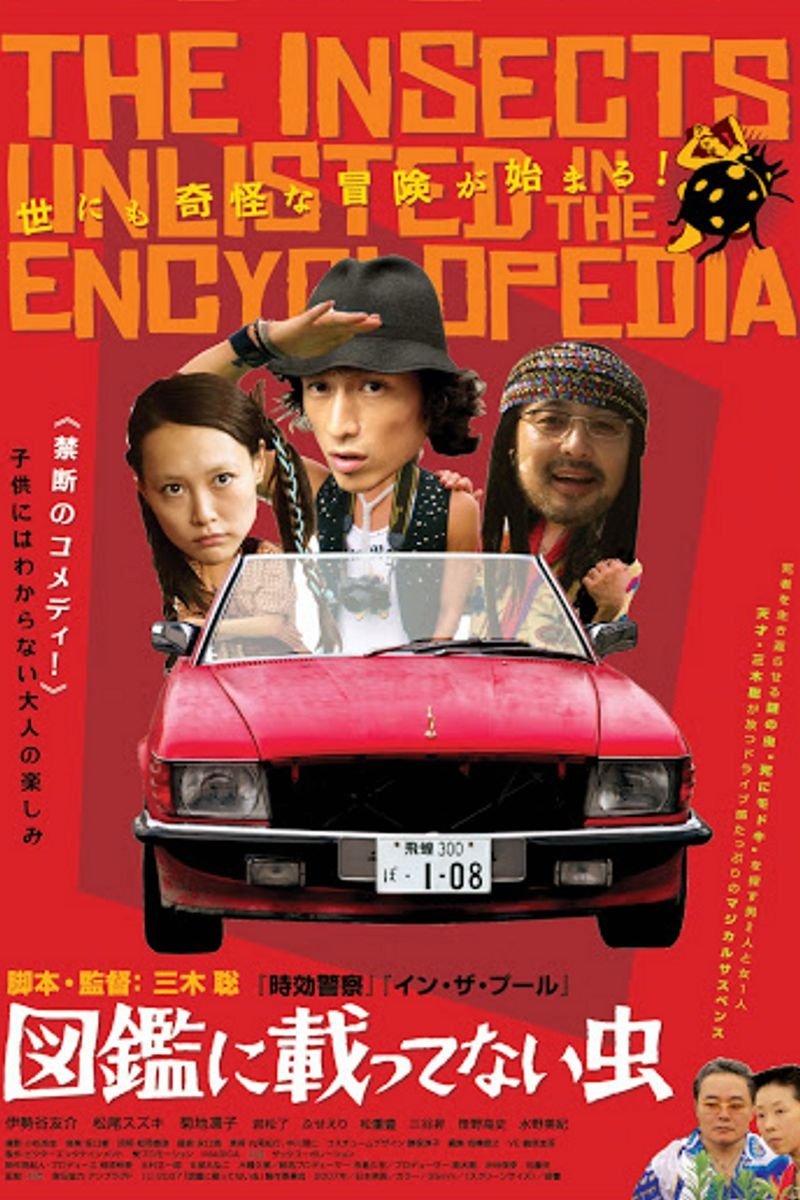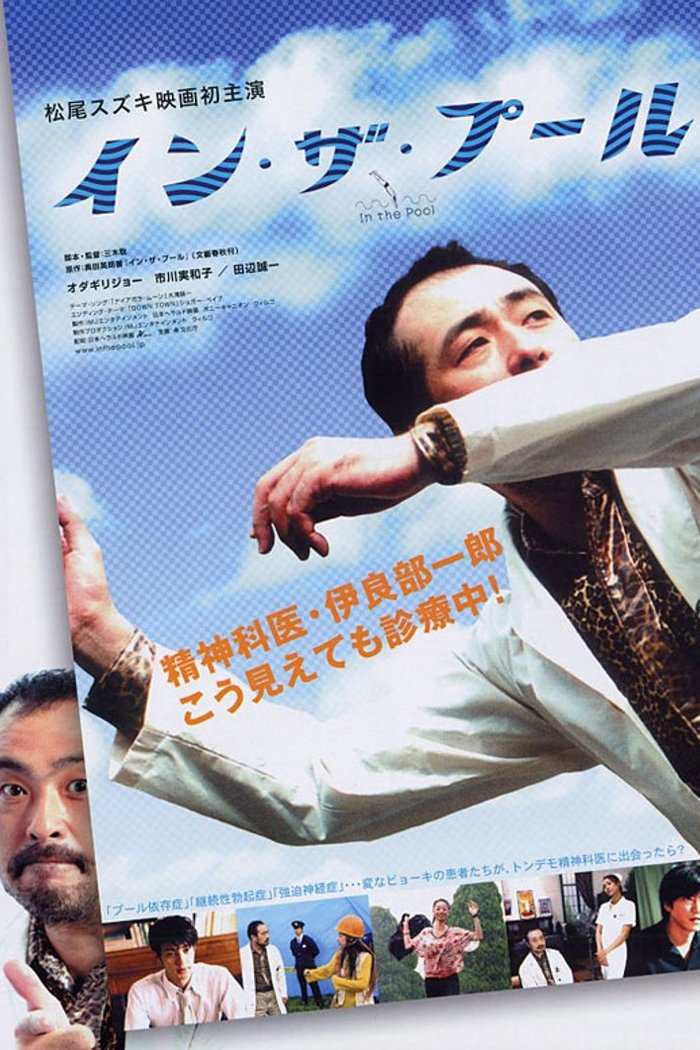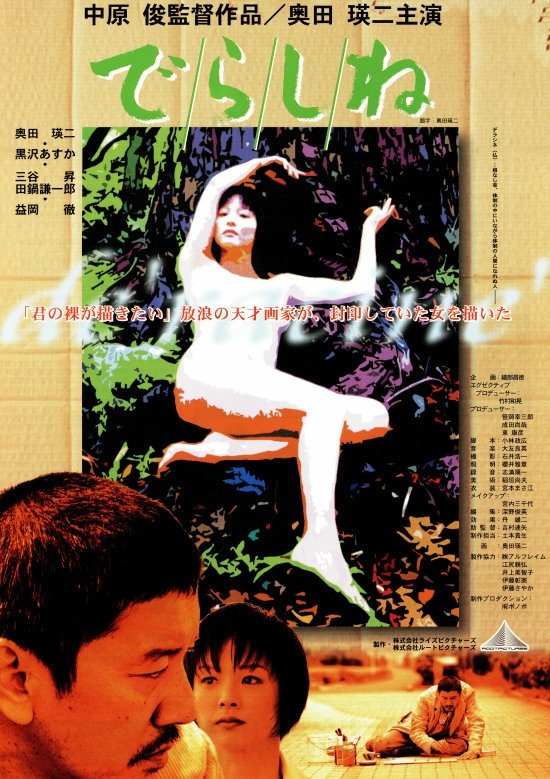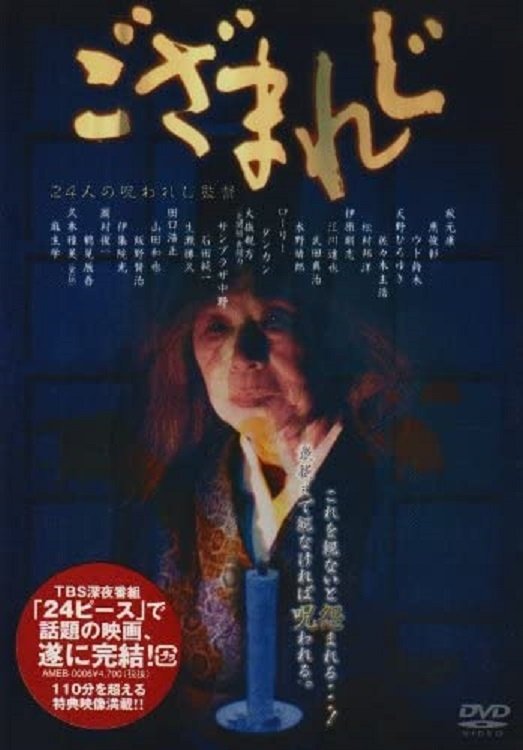

Noboru Mitani is an actor, known for A Thousand & One Nights (1969), The Geisha House (1998) and Dodes'ka-den (1970).
Three strangers gather in search of an elusive cherry blossom....

A freelance writer is given a bizarre assignment by the...

A free-spirited psychiatrist exudes a magnetic attraction for patients with...

A mysterious street-painter, Jouji, wanders aimlessly, homeless. Together with his...
